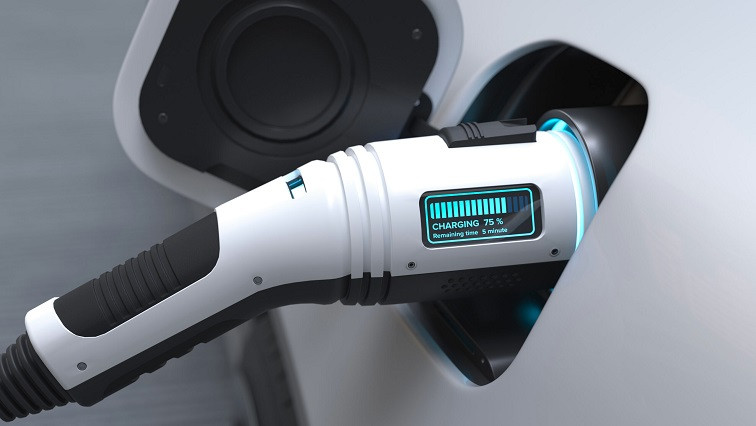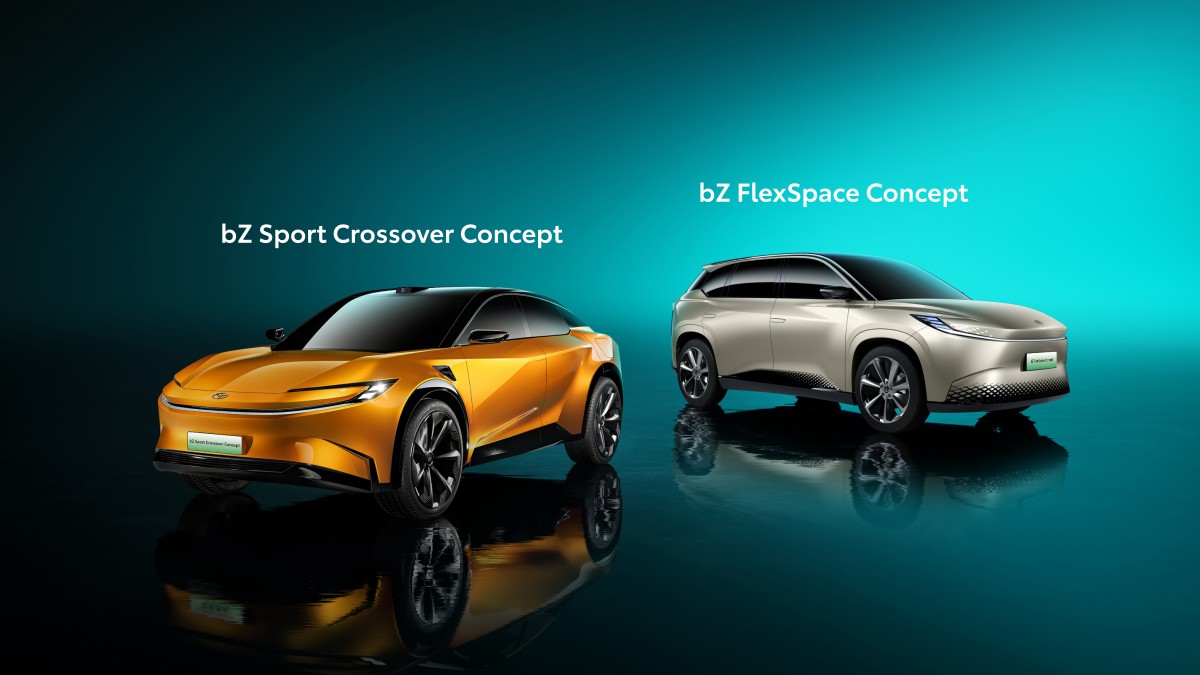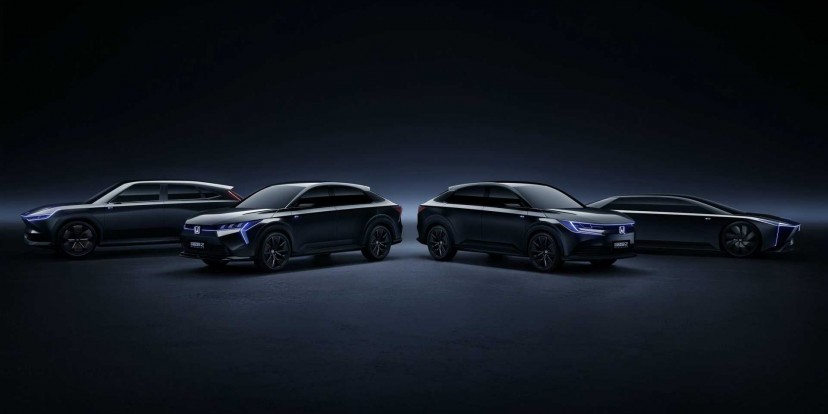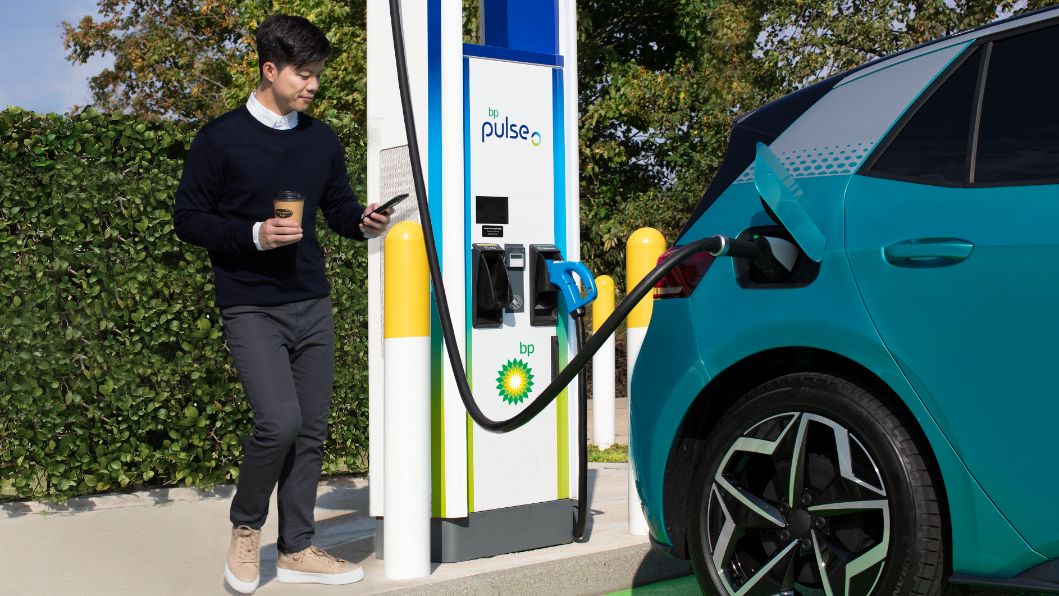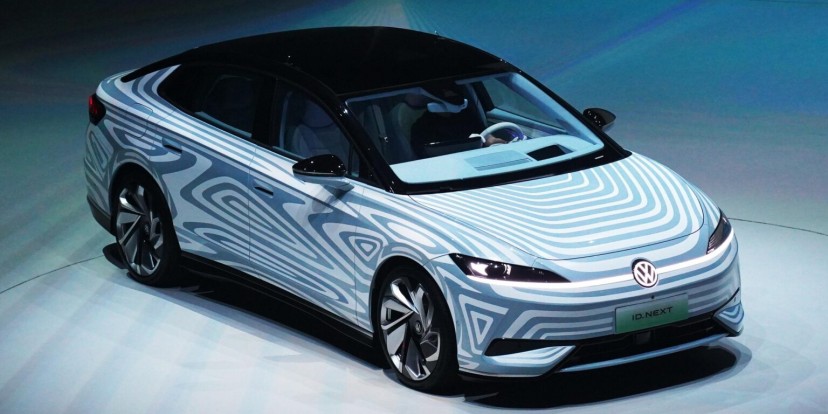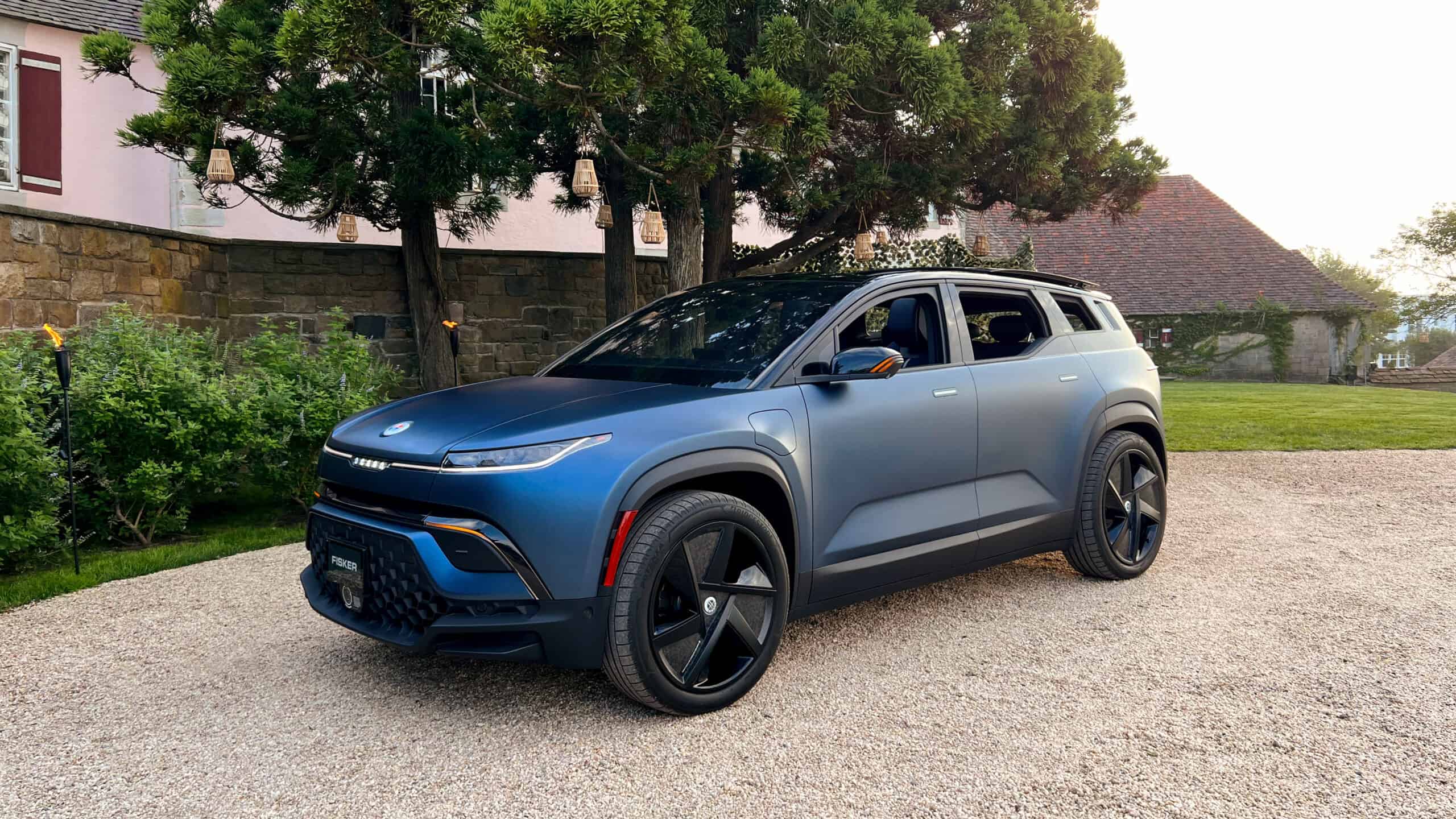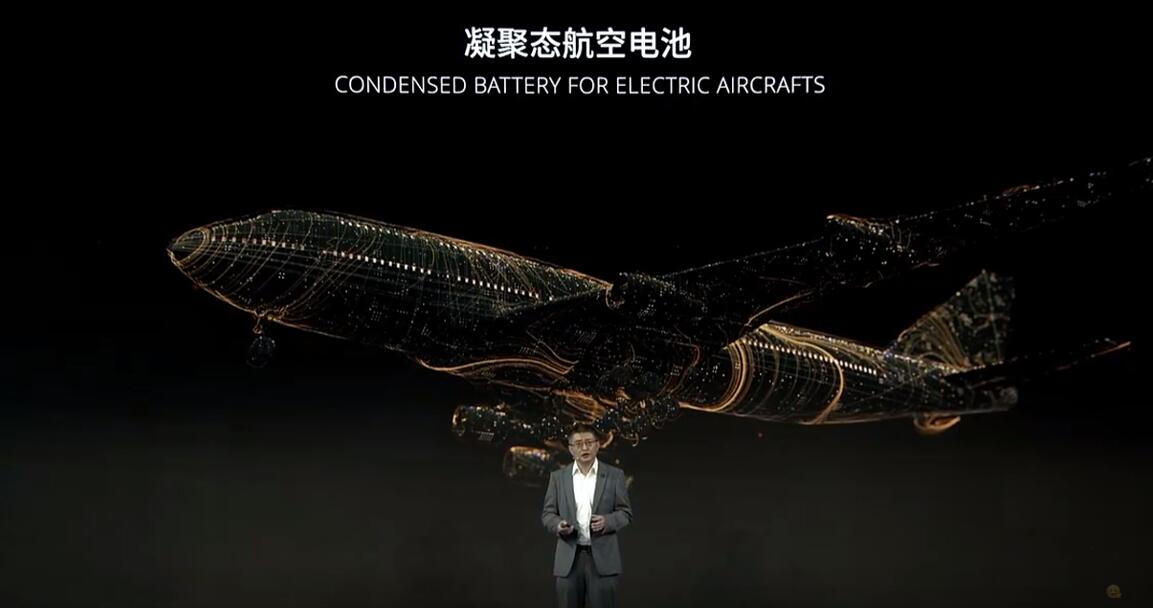Australia has announced new standards to boost electric car sales and cut vehicle emissions, Energy Minister Chris Bowen said in a news conference. The national electric vehicle strategy will introduce a fuel efficiency standard, outlining the carbon dioxide output of a car. Bowen noted that fuel-efficient and electric vehicles are cleaner and cheaper to run, calling the announcement a “win-win for motorists.” Australia lags behind other developed economies in electric vehicle adoption, with only 3.8% of cars sold in the country last year being electric.
“Apart from Russia, Australia was the only developed country to either not have or be developing fuel efficiency standards, which encourage manufacturers to supply more electric and no-emission vehicles,” according to the report.
Transport is the third largest source of carbon emissions in Australia, and the new initiative will help cut the country’s emissions by at least 3 million tonnes of carbon by 2030, and over 10 million tonnes by 2035, Bowen said. The Electric Vehicle Council welcomed the move but stressed the need for strong standards, warning that Australia would otherwise become the “world’s dumping ground for dated, high-emission vehicles,” chief executive Behyad Jafari said.
On average, new cars in Australia use 40% more fuel than the European Union and 20% more than the United States, with studies showing the introduction of a fuel efficiency standard could save motorists A$519 ($349) per year, Bowen said. However, Greens party leader Adam Bandt called for the government’s strategy to accelerate and include electric vehicle targets.
Australia’s centre-left Labor government has previously announced plans to introduce regulations to increase electric car sales. Last year, Prime Minister Anthony Albanese cut taxes for electric vehicles and raised Australia’s 2030 target for cutting carbon emissions to a 43% reduction from 2005 levels.
“There are about 83,000 EVs on Australian roads and as at December 2022, there were just over 4,900 public chargers located at fewer than 2,400 sites,” Bowen noted. “We’re way behind the rest of the world again. We are fixing that. We’ve got a policy of putting in a fast charger once every 150 kilometres on the highway.”

